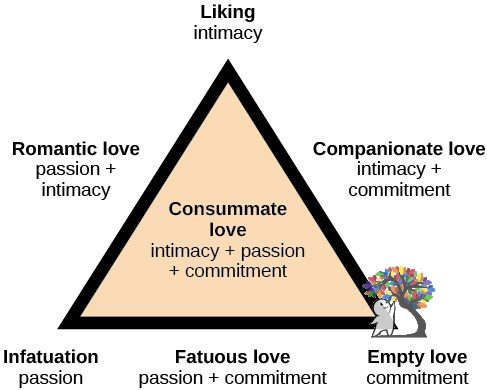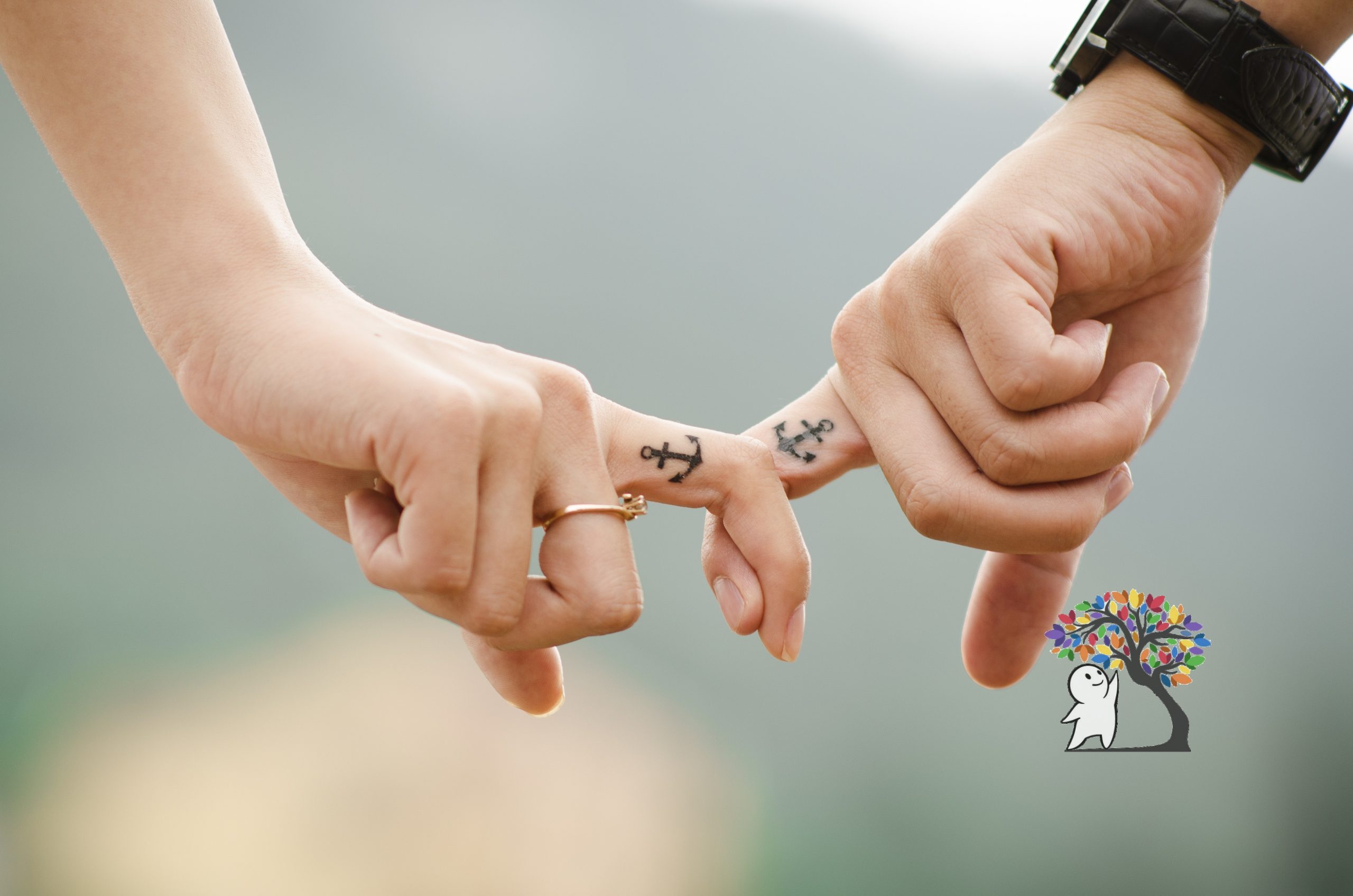7 Types of Love, but Only One Lasts a Lifetime (According to Psychologists), Which Do You Have?

Have you ever wondered what it is that can make you so head over heels for someone you love? Perhaps you thought you were more of a reasonable person when it came to love, but now with your new partner you find yourself making impulsive decisions and acting a bit differently.
Well, not everyone loves the same. Odds are with this partner, you are experiencing a different type of love. Different type of love?
Of course! According to American psychologist Robert Sternberg, there are seven important types of love. These seven ways we can love someone was developed from his triangular theory of love, which includes three important components: passion, emotional intimacy, and commitment.
According to Sternberg, intimacy is made up of “feelings of closeness, connectedness, and bondedness in loving relationships”, passion refers to “the drives that lead to romance, physical attraction, sexual consummation, and related phenomena in loving relationships”. Commitment can mean different things depending on if it’s a short-term or a long-term commitment. In a short-term commitment, it’s “the decision that one loves a certain other”, and in the long-term, it refers to “one’s commitment to maintain that love.”
These seven types of love all revolve around how much emotional intimacy, passion, and commitment your relationship has. Sternberg developed a triangular diagram that has the seven types of love in different areas of the triangle. You can combine the types of love you possess on the triangle and connect them to their location on the diagram. The bigger your triangle is, the more love you have for each other to last forever.
Forever and ever… It’s a type of love you fantasize about. A love perhaps even better than the one in your favorite romantic comedy, or romance novel.

While there are seven of Sternberg’s love types, only one of them can last a lifetime. This love has the biggest triangle on the diagram.
So, in what way do you love your partner? Here are the seven types of love to help you find out.
1. Infatuation

Ah, a new romance. Perhaps you have strong feelings for this person you don’t know much about. Besides the fact you hardly know each other, you do hold some love for this person.
With infatuation, couples may not know exactly why they stay together, they may not have similar interests or necessarily be compatible, but that doesn’t matter anyway.
Luckily, the more you get to know each other and grow in your relationship, the more likely your love will develop into something deeper.
2. Liking/Friendship Love

With this type, you both understand each other and are free to be who you are at heart. You are comfortable together and have a strong friendship growing with your love.
It’s important to have passion and commitment along with your emotional intimacy, if you want this to be more than a loving friendship.
3. Empty Love

When someone experiences ‘empty’ love, they are simply focused on commitment while passion and emotional intimacy take the back seat. This type of relationship usually happens when a passionate and intense relationship with your previous partner has ended. You are looking for a more committed relationship and may not put passion and intimacy at the top of your list when it comes to finding a new partner.
Regardless, this love can grow and develop more passion and emotional intimacy with time and willingness to open up to each other.
4. Romantic Love

Romance is in the air! When you have a romantic type of love, at first you may not hold as much commitment as this love is mostly filled with passion and desire for one another. This type of love is very intimate and could even be an affair.
But if you combine this type of love with others, it could lead to something more than just passion.
5. Companionate Love

Companionate love is one filled with emotional intimacy at its core. This love is not passionate and can be platonic. It is built off of a strong trust and relationship but is more than just friendship. Because of the commitment and devotion present in this love, passion is no longer relied upon or needed in the first place. Companionate love is seen through close friendships, family, or long-term marriages where passion is no longer present.
6. Fatuous Love

Ah! It’s love at first sight! Fatuous love has no intimacy, but is filled with passion and parts of commitment. A courtship or arranged marriage often contains fatuous love, but if the two don’t allow themselves to know each other on a more personal level, their love can simply stay in this type instead of growing into something more intimate.
7. Consummate Love

Here you are! You’ve made it. The ultimate form of love that is said to last a lifetime. This love is what every couple strives for. According to Sternberg, couples who experience this type of love can’t imagine themselves with anyone else. They are happiest long-term with their partner and can continue to have great sex for fifteen or more years in their relationship. Any difficulties they do have they overcome and they ultimately love spending their time in the comfort of each other’s presence.
But although you may have achieved this type of love, you still have to work at it by being open and honest about your feelings to one another. As Sternberg warns, “without expression, even the greatest of loves can die.”
So make sure to open up to your partner about what’s on your mind and how you are feeling in order to maintain consummate love. If you don’t, your love may not be lost, but instead will slip into one of the previous types listed before such as companionate love.
So, do you have a consummate love with your partner? If so, your love is the type everyone strives for and is something to hold on to. This love combines all the types of love present in Sternberg’s triangular love theory.
So that ‘unattainable’ love you fantasize in your classic romance movies? It may not be so unattainable after all. With some passion, commitment, and a willingness to open up about your feelings and who you are, your relationship can grow into the kind of romance novels.
Written by Michal Mitchell
Follow me on Instagram and Twitter at @jackycoocoo for more articles, celebrity interviews, original poetry and more.
Check out my other relationship articles, such as: “9 Types of Kisses and What They Really Mean” “6 Things Someone Will Do Only if They Really Love You” and “9 Signs Someone is Just Not Into You“
References
- Sternberg, Robert J. (2004). “A Triangular Theory of Love”. In Reis, H. T.; Rusbult, C. E. (eds.). Close Relationships. New York: Psychology Press. p. 258. ISBN 978-0863775956.
- Sternberg, Robert J. (1997). “Construct validation of a triangular love scale”. European Journal of Social Psychology. 27 (3): 313–335. doi:10.1002/(SICI)1099-0992(199705)27:3<313::AID-EJSP824>3.0.CO;2-4
- Wikimedia Foundation. (2020, October 8). Triangular theory of love. Wikipedia. https://en.wikipedia.org/wiki/Triangular_theory_of_love.



Responses